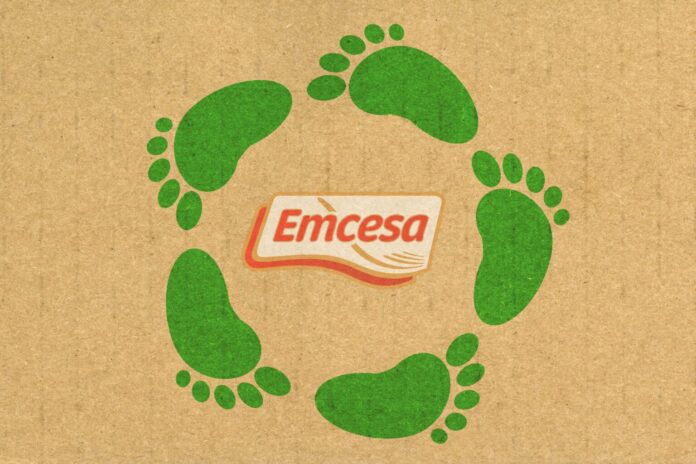The company Emcesa has released its 2024 Environmental Footprint report, reaffirming its commitment to sustainability and the circular economy in the meat sector. With the collaboration of Ecoembes, the report highlights significant achievements in reducing CO₂ emissions, as well as in optimizing energy and water consumption.
Through responsible management of packaging waste, the company has achieved a notable environmental saving of 1,647 kpt/t treated. This equates to avoiding 176.41 tonnes of CO₂, saving 1,080 MWh of energy, and reducing water usage by 2,370 m³. As a result, Emcesa has avoided the equivalent of traveling more than 514,000 km by car, supplying energy to 331 families and supplying water to 46 households for a year. These results use the European Commission's Product Environmental Footprint (PEF) 3.1 methodology.
The report also reveals a favorable development compared with other food sectors. In meat products, Emcesa's water savings exceed the average by 7%. In comparison with the ready meals sector, it achieves 47% more overall environmental savings and 51% more energy savings. With respect to the frozen foods sector, it achieves 34% more energy savings, consolidating its position as a leader in efficiency and sustainability.
As part of its strategy, Emcesa has introduced its first 100% electric vehicle, reinforcing its commitment to sustainable mobility. These actions highlight their leadership in sustainability within the food industry.
“At Emcesa we believe that sustainability is an opportunity to lead a positive change in our sector. These results reflect the effort to minimize environmental impact and improve efficiency,” explained Javier Mancebo, CEO of the company.
With these advances, Emcesa demonstrates that it is possible to combine tradition, quality, and environmental responsibility, responding to the needs of consumers who are increasingly aware of the impact of their choices.



